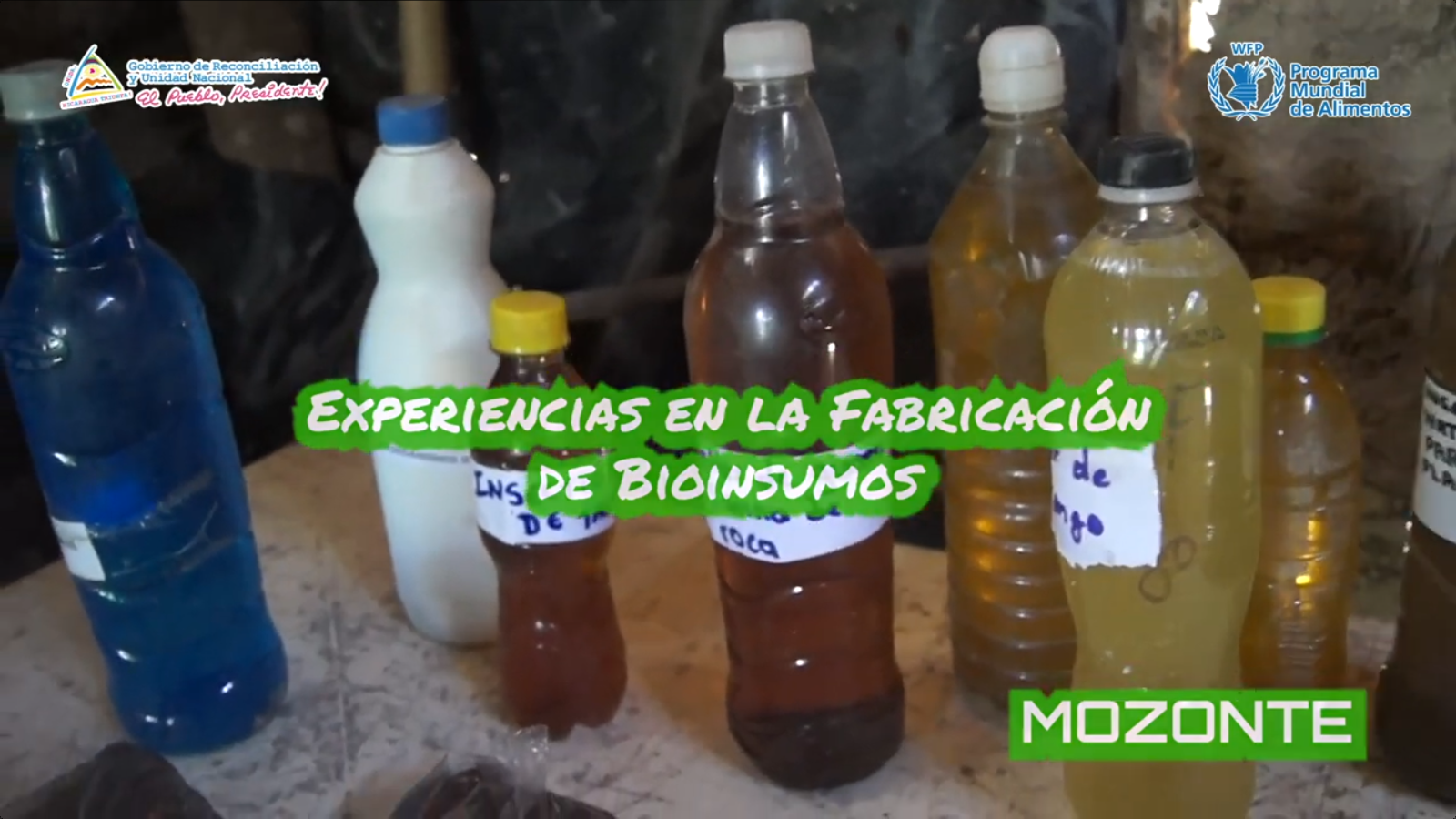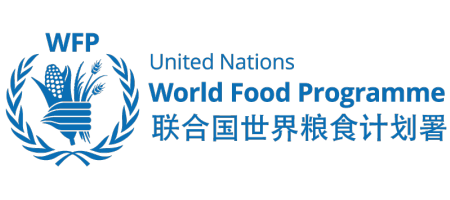This video demonstrates the results of a SSTC Assistance Fund project that strengthens the capacity of smallholder farmers, particularly women in Nicaragua by fortifying bio-inputs for sustainable agriculture and greater economic resilience.
This innovative initiative was made possible through the support of three key stakeholders. The Government of the People's Republic of China, the China Agriculture University, and the Institute of Agricultural Technologies (INTA) in Nicaragua.
As part of the SSTC Assistance Fund launched in 2023 in Nicaragua, WFP Nicaragua Country Office partnered with the Ministry of Agriculture and Rural Affairs (MARA) of the People's Republic of China to enhance the production of biological inputs for more sustainable and affordable agricultural production.
This partnership supported smallholder farmers to fortify biological inputs with more nutrients to better nourish the soil and achieve greater economic resilience of the local population. Additionally, the initiative supported the installation of Bio-inputs production Units (UPBs) for 10 women smallholder entrepreneurs who became reference points for training other bio-input producers at the community level.
"The results of the biological inputs are very good, because there is not always enough money and by producing these ourselves, we save a lot," said Rosa Lopez Quintero, a community member.
In March 2023, supported by WFP China COE, WFP organized two webinars for INTA and WFP - assisted cooperatives where Dr. Yuegao Hu of the China Agriculture University shared China's rich expertise in bio-inputs. The aim was to share knowledge about new technologies to produce low-cost bio-inputs using seaweed and local by-products for soil nutrition and staple crop production and to design a training programme for smallholder farmers on the production of biological inputs.
To further strengthen smallholders' capacities, INTA organized four specialized courses and ten replicated courses for smallholder farmers on the production, marketing and use of biological and organic inputs.
Looking forward, INTA and the Ministry of Family Economy are organizing six municipal technology fairs for the upcoming months to promote biological inputs. Moreover, the UPBs will serve as a learning space for other smallholder farmers families to learn and replicate according to their needs.
Related Courses
In March 2023, supported by WFP China COE, WFP organized two webinars for INTA and WFP - assisted cooperatives where Dr. Yuegao Hu of the China Agriculture University shared China's rich expertise in bio-inputs.
Primera sesión producción y uso de enzimas en fertilizantes orgánicos de origen biológico
Biofertilizante a partir de algas y subproductos del pescado



Comments is empty